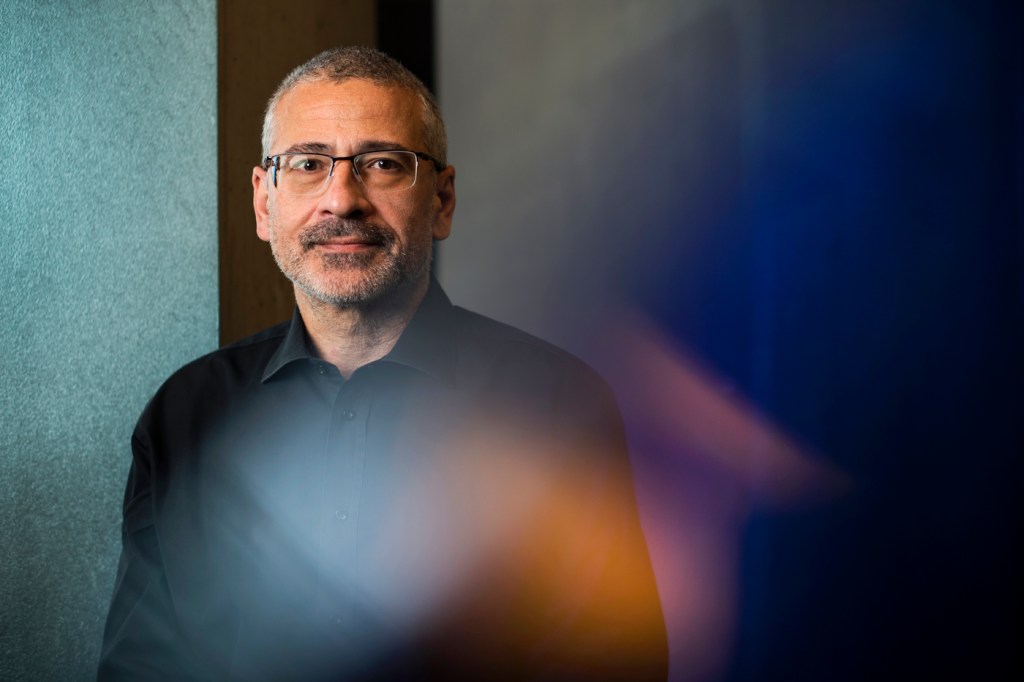Northeastern receives $17.5 million from CDC to launch infectious disease prediction center
“Alessandro Vespignani will head the center that will prepare the U.S. for future epidemics, especially in rural areas. With COVID-19, “everybody was caught off guard,” he says. “We don’t want to be in a situation like that in the future.”

